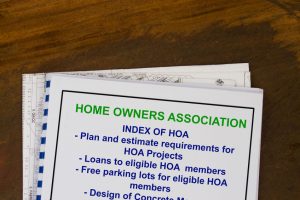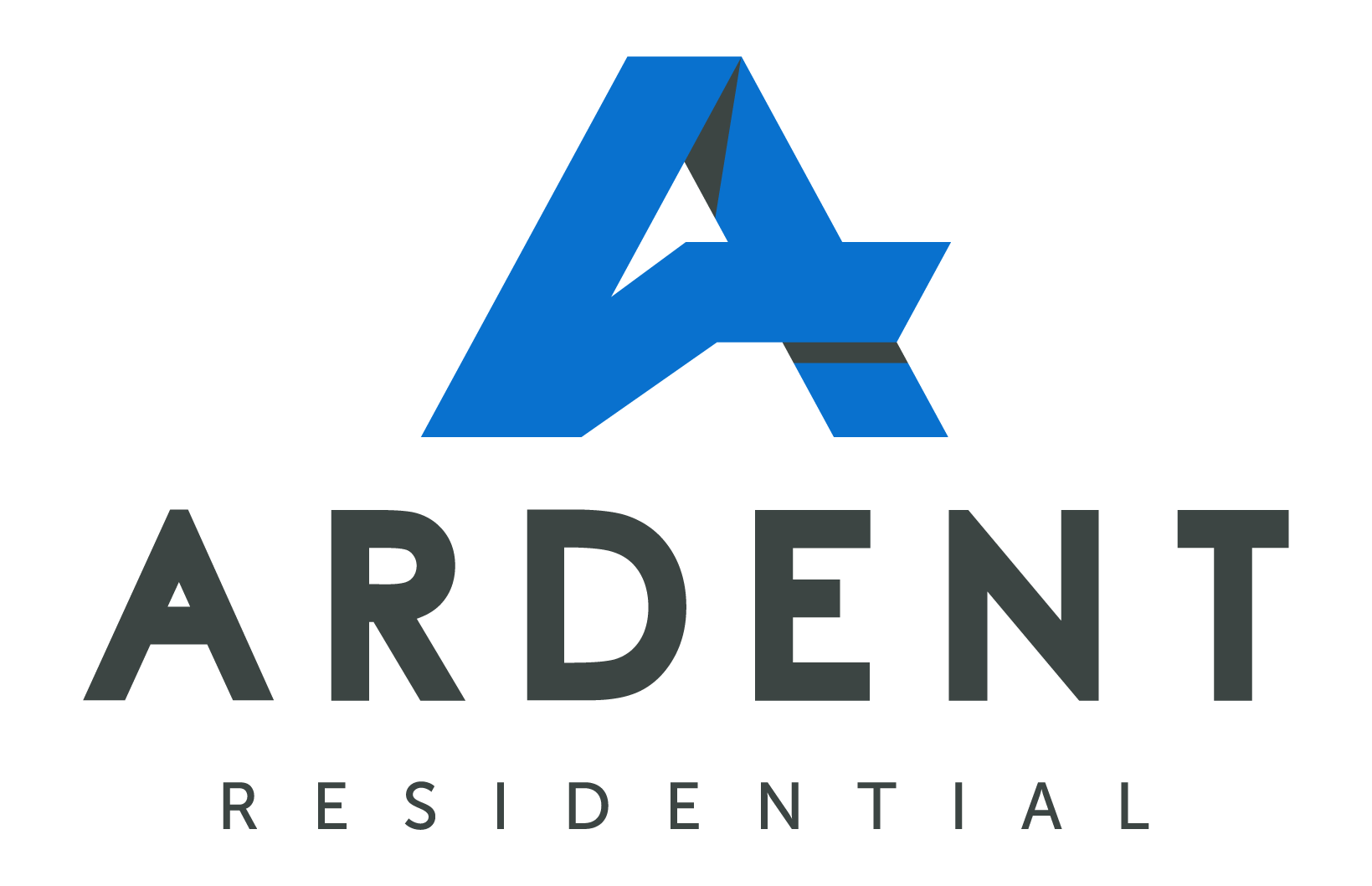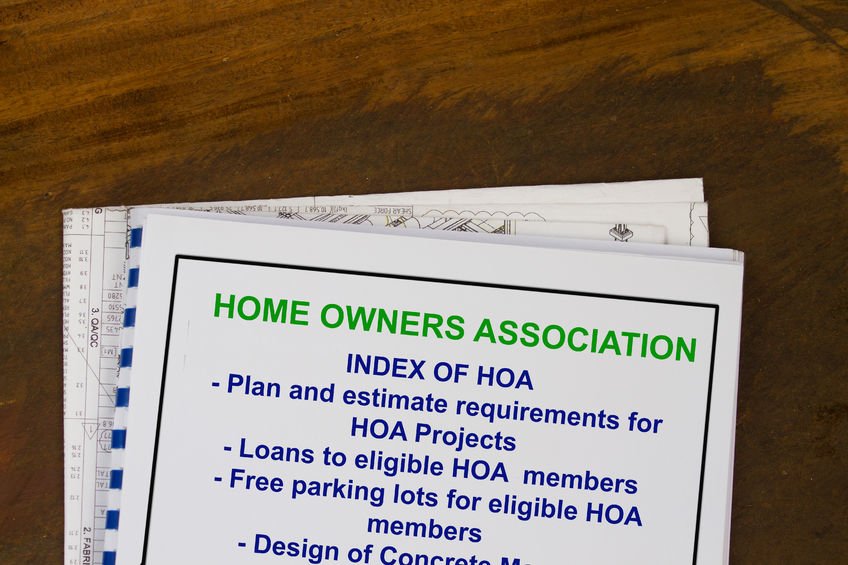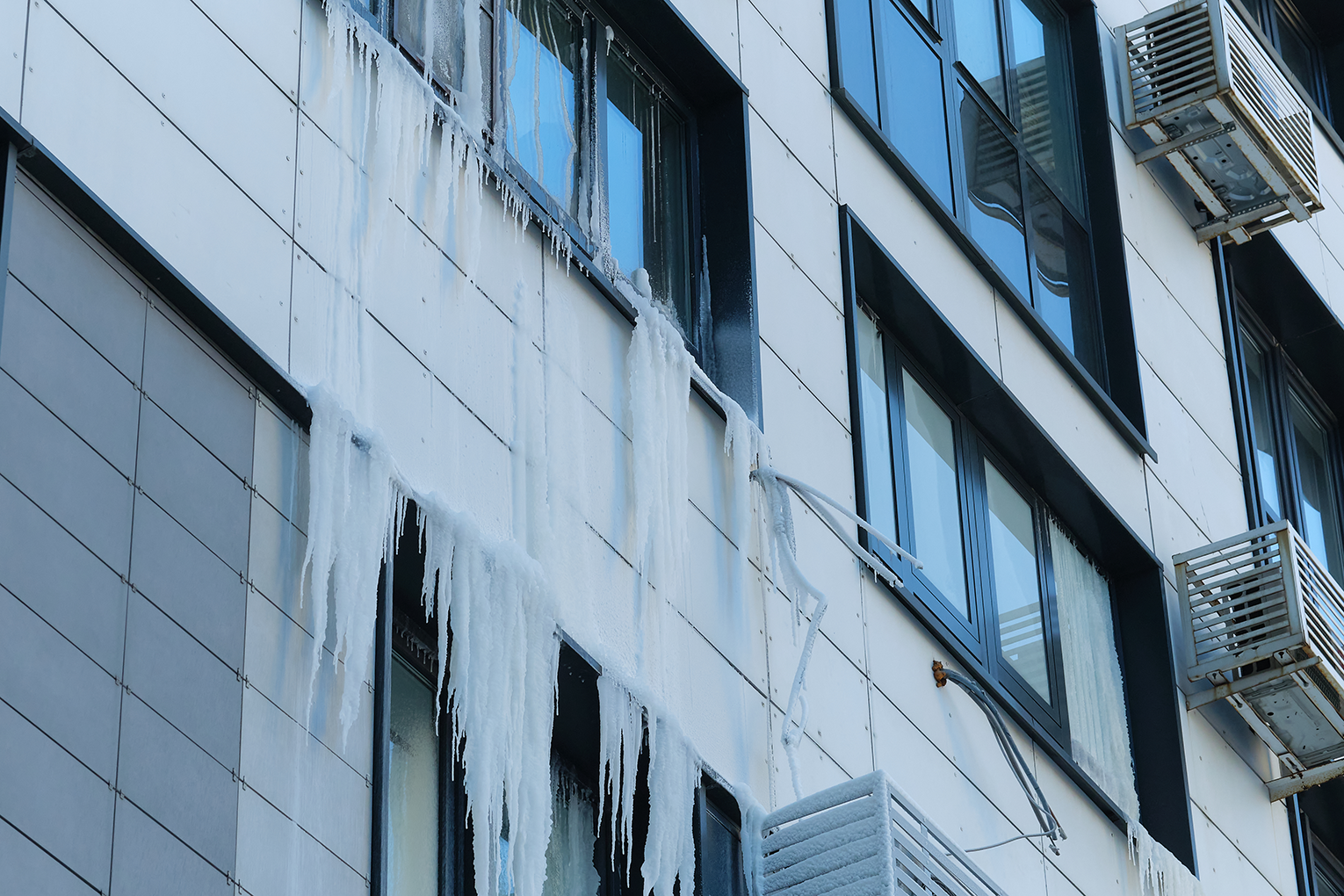 HOA and condo association recordkeeping is never going to be anyone’s favorite job. But proper documentation is the foundation of any organization. With well-kept records, it’s easier to prove compliance with state or federal regulations as well as your own association’s governing rules. This is important in the event of a dispute, litigation, or audit.
HOA and condo association recordkeeping is never going to be anyone’s favorite job. But proper documentation is the foundation of any organization. With well-kept records, it’s easier to prove compliance with state or federal regulations as well as your own association’s governing rules. This is important in the event of a dispute, litigation, or audit.
Good records also help your board make better decisions because they have access to accurate information from previous years. Once you know what to keep, you should also decide on the best format. That might mean scanning paper documents into digital format and taking your recordkeeping fully virtual.
What Do You Have to Keep? And for How Long?
The details vary depending on where your HOA or condo association is located and its own internal rules.
The following are only a few examples, not an exhaustive list. Also, this information is not a substitute for checking state/federal statutes and your governing documents or seeking advice from your association’s accountant and attorney.
Examples of Records to Keep for Seven Years
- Current member roster with contact information
- Insurance policies
- Contracts concerning management agreements and leases
- Accounting records
- All other written records
- Documents related to property owned by the association (bill of sale, etc.)
Examples of HOA and Condo Association Records to Keep Permanently
- Developer docs including plans, permits, warranties
- Enabling documents (declaration, bylaws, amendments, articles of incorporation)
- Current association rules
Ballots, sign-in sheets, voting proxies, and similar records are typically kept for at least one year.
In some cases, your own association’s rules might be different from those of your local government regarding how long to keep records. In this case, you may want to err on the side of caution, keeping the records for the longer time period.
Should You Go Digital with HOA and Condo Association Recordkeeping?
Having records in digital format can make it much easier to find exactly what you need, when you need it. Online storage can also be more secure and resilient than keeping paper files. Virtual recordkeeping also eliminates the need to set aside physical storage space for file boxes or cabinets. In the event of an audit, all files are (ideally) available at the click of a button without the need to dig through old binders.
Scanning paper documents into a cloud storage system is not enough. The files must be properly labeled and categorized so you can run a quick search and find exactly what you need. For example, you could separate legal, financial, maintenance, correspondence, meeting minutes, and miscellaneous records into different folders. Tagging files with meta-data so you can search the entire records database is also smart.
Check out this article from DataWitness for tips on moving from paper to digital files.
You must also ensure that permissions are set so that the appropriate personnel can access the files as needed. Board members may have access to all records, but homeowners should only have access to certain documents (preferably through a separate online portal). Make sure the storage is redundant. E.g., a backup on a local hard drive or removable drive may be appropriate just in case access to cloud storage is interrupted or files get corrupted.
Talk to an HOA and Condo Recordkeeping Expert
Obviously, if you have a decade or two of paper documents to store, scanning everything into a database is an extensive (and expensive) project. Your association might decide to keep old records in paper form and simply go digital moving forward. Either way, it makes sense to talk to experts in HOA and condo recordkeeping requirements and digitalization to help you get this right. Our team at Ardent is here to help. Contact us to start talking about ways to modernize your recordkeeping for greater simplicity and compliance.





